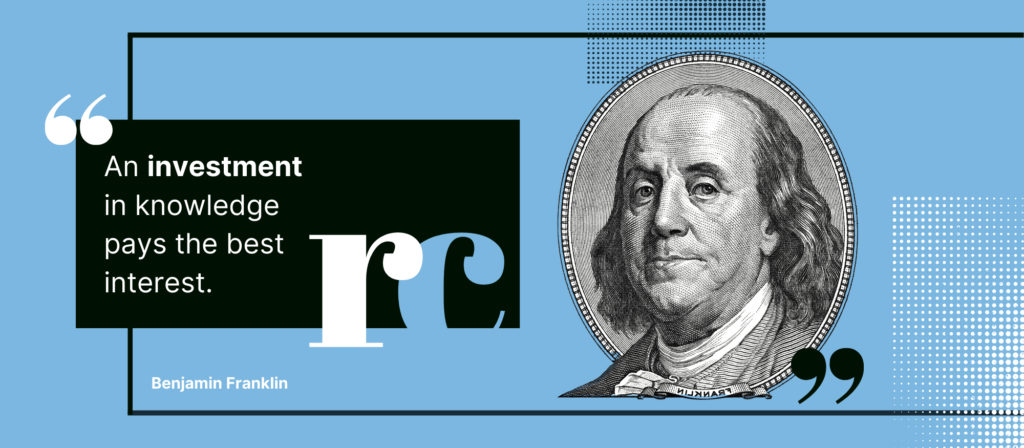Heart health is something that should be taken seriously, especially as you get older. There are a number of ways to protect your heart health, including making healthy lifestyle choices and seeing your doctor regularly. Keep reading to learn more about effective ways to protect your heart health.
Take Supplements

Heart disease is the leading cause of death for both men and women in the United States. However, there are many things you can do to protect your heart health, including taking supplements. There are a variety of supplements that can help protect your heart health. For example, omega-3 fatty acids can help reduce the risk of heart disease. In fact, studies have shown that supplementation with omega-3 fatty acids can help reduce the risk of death from heart disease by up to 26%. Other supplements that can help protect your heart include Nattovena, CoQ10, magnesium, and L-carnitine. CoQ10 is a vitamin-like nutrient that is essential for energy production in the heart. Magnesium is also essential for energy production and is important for maintaining a healthy heart rhythm. L-carnitine helps transport fatty acids into the cells to be used for energy and has been shown to reduce the risk of a heart attack. Taking supplements to protect your heart health is a simple and easy way to help reduce your risk of heart disease.
Limit Alcohol Consumption
It’s key to learn how to stay sober and still have fun. It is well known that heavy alcohol consumption can have negative effects on the heart. Excessive drinking can lead to high blood pressure, arrhythmias, and heart failure. But even moderate drinking can be harmful to the heart. The American Heart Association recommends that men limit their alcohol consumption to no more than two drinks per day and that women limit their alcohol consumption to no more than one drink per day. Drinking too much alcohol can lead to obesity, which is a major risk factor for heart disease. Alcohol is high in calories, and those calories can quickly add up. Excessive drinking can also lead to high blood sugar and high cholesterol levels, both of which are risk factors for heart illnesses. Drinking too much alcohol can also weaken the heart muscle and increase the risk of a heart attack. Alcohol can also increase the risk of developing other types of heart illnesses, such as cardiomyopathy and arrhythmias. If you drink alcohol, be sure to do so in moderation.
Manage Stress Levels

It’s no secret that stress can take a toll on the heart. When you’re feeling overwhelmed or anxious, your body releases a flood of stress hormones, including cortisol and adrenaline. These hormones can cause your heart rate and blood pressure to spike, leading to an increased risk of heart attack and stroke. That’s why it’s important to find ways to manage your stress levels. Here are a few tips to get started:
- Take some time for yourself. When you’re feeling overwhelmed, take a few minutes to yourself to relax and rejuvenate. This may involve taking a hot bath, reading a book, or taking a walk outdoors.
- Practice relaxation techniques. There are a number of different relaxation techniques that can help you de-stress, including yoga, meditation, and deep breathing exercises.
- Seek out support. If you’re struggling to manage your stress levels, it may help to talk to a therapist or counselor. Friends and family members can also be a great source of support.
Overall, there are many effective ways to protect your heart. Taking supplements, managing stress, and avoiding drinking are all important ways to reduce your risk of heart disease.








